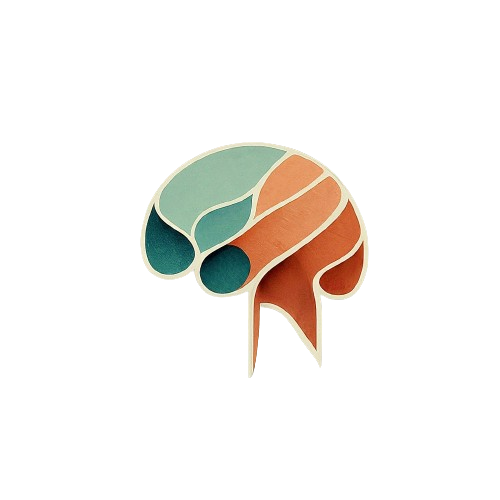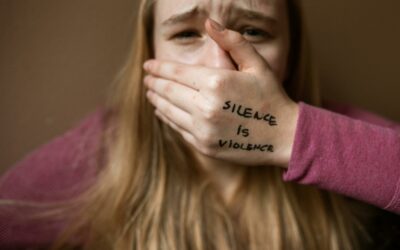Is There a Link Between Watching Pornography and Depression?
Many people watch pornography for various reasons — exploring sexuality, enhancing intimacy, or even relieving stress. However, a crucial question arises: Could watching pornography also contribute to symptoms of depression?
Understanding the Reasons Behind Pornography Consumption
People consume pornographic content for diverse reasons, ranging from enhancing intimacy with a partner to self-exploration or simply out of boredom. Despite being a stigmatized topic, watching pornography has been linked to certain benefits, such as educational value and stress relief.
For instance, a study published in Sociology found that some individuals gain educational insights from watching pornography. Another study from Carnegie Mellon University suggested that porn could help reduce stress in adult males.
The Complex Relationship Between Pornography and Depression
While there are some positive findings, the mental health impacts of pornography consumption go beyond stress relief. Emerging research has drawn a potential connection between pornography and depression.
Can Watching Porn Cause Depression?
Research on the link between pornography and depression is limited, inconclusive, and sometimes contradictory. Yet, studies suggest that the relationship between pornography consumption and depression is complicated and influenced by factors like personal beliefs and the frequency of consumption.
Recent Findings:
- A 2019 study found that adults who viewed pornography were at an increased risk of depression, but only if they perceived their pornography consumption as “problematic.”
- A 2018 study on adolescents suggested a potential association between pornography use and symptoms of depression, although it concluded that other factors likely play a role in adolescent mental health.
- Other research indicates that many adults who watch pornography periodically do not report negative mental health effects.
The bottom line is that while some studies suggest a connection, there’s still not enough evidence to definitively say that watching pornography causes depression.
Does Pornography Worsen Depression?
If you already live with depression, you might wonder whether watching pornography could exacerbate your symptoms. Dr. Paul Greene, a clinical psychologist, states that pornography itself does not inherently worsen depression. However, if it interferes with activities that improve mood — like socializing or exercising — it could indirectly contribute to worsening symptoms.
Potential Mental Health Impacts of Pornography Consumption
In some cases, experts have found that pornography consumption can lead to:
- Heightened feelings of distress
- Anxiety episodes
- Emotional detachment and avoidance
- Increased loneliness
- Irritability and anger
- Decreased sexual satisfaction
However, new research suggests that these effects may stem more from the viewer’s perception of their behavior rather than the pornography itself. For instance, if someone believes they shouldn’t be watching porn but cannot stop, they may experience increased psychological distress.
The Role of Gender and Cultural Differences
The effects of pornography consumption on mental health also vary by gender and cultural context. A 2018 study discovered that men who consumed more pornography reported higher relationship satisfaction, while women in the study experienced the opposite.
It’s worth noting that most research has focused on young, white, heterosexual men, leaving significant gaps in understanding the effects on women, LGBTQ+ communities, and different cultural backgrounds.
Can Depression Lead to Compulsive Pornography Consumption?
Compulsive pornography consumption, also known as Problematic Porn Use (PPU), is characterized by an inability to control impulses related to viewing pornography. While the internet is rife with claims that depression leads to compulsive porn use, evidence remains limited.
Nevertheless, some studies suggest that individuals, particularly men, may turn to pornography more frequently when experiencing depression. For example, a 2017 study found that depressed males might view pornography as a coping mechanism.
Occasional vs Problematic Pornography Use
Compulsive porn consumption is not classified as a mental health disorder, but it can become a compulsive behavior that causes distress. The difference between occasional and problematic use lies in how much control you feel over your viewing habits.
Therapist Raffi Bilek explains that the key distinction isn’t how often someone watches pornography but whether they can stop if they want to. If watching becomes compulsive and interferes with daily life, it’s cause for concern.
Conclusion
Depression is one of the most common mental health conditions in the U.S., affecting over 7% of adults. Meanwhile, pornography consumption has grown increasingly widespread, especially during the COVID-19 pandemic. The connection between the two is still unclear, with research yielding mixed results.
Ultimately, if pornography use is disrupting your daily life or contributing to psychological distress, consider seeking help. A trusted mental health professional or support group can guide you toward clarity and potential treatment options.



